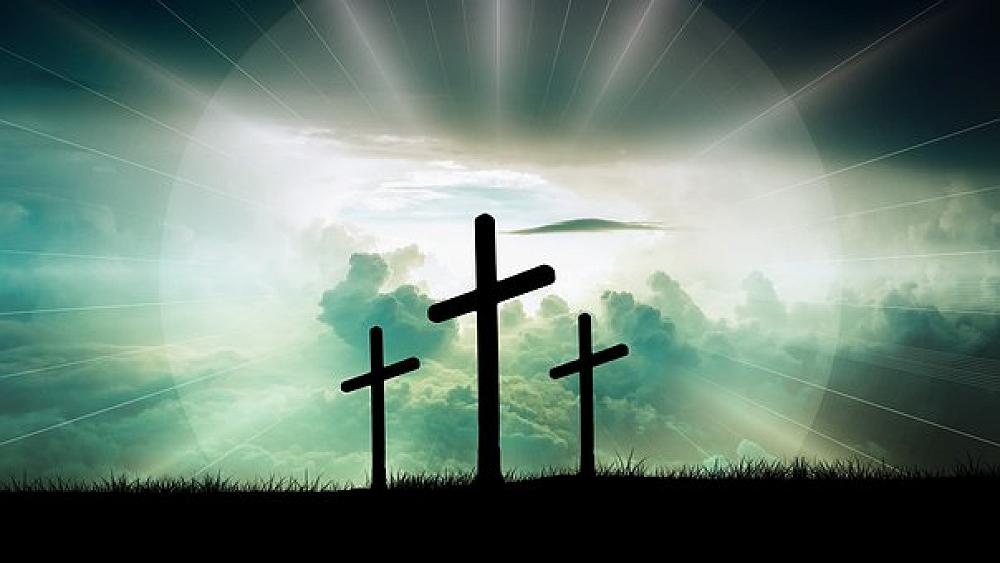
Holy Week
Holy Week marks the high point in the Christian Year. At the end of our Lenten pilgrimage, we slow down to walk day by day in the footsteps of Jesus as he confronts the powers of sin, evil, and death.
On Palm Sunday we process with our palms and incense and songs. We celebrate Jesus triumphantly riding into Jerusalem on the back of a donkey. People lined the streets yelling ‘hosanna’ and waving palm branches, greeting the messiah who they believed had come to save them.
On Holy Monday we remember Jesus throwing all the money changers and vendors out of the Temple. The Temple in Jerusalem was the centre of worship for the Jews, and they were required to present money and animals for sacrifice to the priests when they visited. This desecration angered Jesus so much that he turned over the tables of the money changers and ran all the animal vendors out.
On Holy Tuesday, Jesus spent most of the day on the Mount Of Olives, where he preached what we now know as 'The Sermon on the Mount’, telling crowds of people what the Kingdom would be like and how we could join Him.
On Wednesday we remember Judas Iscariot, a zealot, who thought he was doing the right thing by agreeing to betray Jesus for thirty pieces of silver.
On Maundy Thursday, Jesus shared a common meal with his disciples - this has become the celebration we call Eucharist or Holy Communion.
Many churches hold feet washings, to commemorate that Jesus washed the feet of his disciples. Jesus reminds us that we are to love each other as he loved us.
After the meal, Jesus went to the Garden at Gethsemane to pray. He asks the disciples to stay and pray with him, but they all fall asleep. Jesus is left to pray by himself for strength for what is to come, abandoned by his own disciples.
Judas then identified Jesus for the Roman guards with a kiss and He was taken away by the soldiers.
On Good Friday, Jesus was brought before Pilate, the Roman governor, and sentenced to death. He was then forced to walk to the Hill of Golgotha, carrying the cross on which he will be crucified.
Jesus was nailed to the cross around noon on Good Friday and died after three hours. The Bible says (Matthew 27:45-52) that when Jesus died, the world turned black, which scientists think was a solar eclipse in the middle of the day.
Jesus' body is taken down from the cross and buried in an unused tomb.
Holy Saturday ends the season of Lent, for Easter Sunday is a celebration of new life! Holy Saturday is a day of waiting for the resurrection on Easter Sunday.
The word 'Easter' comes from the German 'ostern', meaning the direction from which the sun rises, celebrating the spring sun, when all things return to life again.
We have left the penitential season of Lent and are revelling in the fact that with the death and resurrection of Jesus, we all have new and eternal life. For God so loved the world that he gave his only Son, so that everyone who believes in him may not perish but may have eternal life. John 3:16
So this Holy Week, we invite Te Haahi Weteriana to think about each of the days and what preparation we can make to be ready for the festive celebration of the Resurrection of Jesus on Easter Sunday.
Happy blessed Easter!
